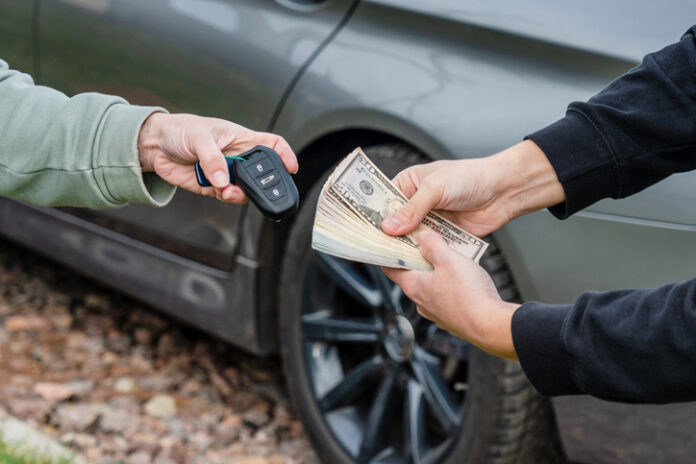Buying a second-hand car is exciting and practical for expatriates in Dubai. Being large, the market of 2nd hand cars in Dubai has almost everything to fit various pockets and requirements. However, the question here is understanding the procedures associated with buying a used car. Here is how one can go about owning an old car in this Gulf nation.
List of Legal Requirements to Buy a Used Car in Dubai
Some of the legalities to take care of are listed below:
1. A Valid Residency and a Driving License
Before buying a car in Dubai, you require a valid UAE residency visa and a driving license. If you have shifted recently to Dubai and have an international driving license, it can be used on a temporary basis, but for long-term ownership of cars, one needs to apply for a UAE driving license. First, you should settle your residency and driving credentials before undertaking the procedure.
2. Finding a Reliable Seller
Second-hand cars can be sold to expats by:
- Certified Pre-Owners: Used cars sold by dealers and usually having warranties.
- Online Marketplaces: websites like OneClickDrive bridge the gap between buyers and sellers.
- Private Sellers: They have lower prices but mostly don’t give any guarantee. Also, verify the seller’s credentials to make sure the car’s history is crystal clear. Get a vehicle history report to check for accidents, outstanding loans, or tampering.
3. Car Inspection and RTA Testing
The RTA in Dubai requires that every vehicle is on an inspection test before changing ownership. This is so the car will be on the road and meet safety standards.
- Inspections are usually done at authorized testing centers.
- When the car fails a test, it is repaired before being reinspected.
Also, conduct a thorough personal inspection and professional check on the car for probable issues before making the payment.
4. Payment and Insurance
Once satisfied with the condition of the car, agree on the payment terms. Expats have to know the following payment methods:
- Bank Transfers: Safe and traceable.
- Loans: Most banks in Dubai provide car loans for expats, which may be subject to credit history and salary requirements.
After making the payment, get the car insured. It is highly recommended to get comprehensive insurance that covers damages, theft, and third-party liabilities. Compare policies for the best coverage and premium.
5. Ownership Transfer Process
The ownership transfer needs to be done at an RTA service center or approved facility. Documents needed:
- Original Emirates ID and copy of residency visa.
- Valid UAE driver’s license.
- Original car registration card (Mulkiya).
- Proof of insurance for the purchased car.
- Both buyer and seller should be present during the transfer. After the process is completed, the RTA will issue a new Mulkiya in the buyer’s name.
6. Salik and Traffic Fines
Check with the Roads and Transport Authority for any pending Salik against the vehicle and traffic fines. These must be cleared before ownership transfer.
Understanding the legal requirements of buying a second-hand car in Dubai as an expat is essential to avoid pitfalls and ensure a seamless process. From obtaining the right documentation to verifying the vehicle’s condition and history, careful preparation will make your car-buying experience both legal and enjoyable. By following these guidelines, you’ll be ready to hit Dubai’s roads confidently and safely. Whether you want to know the used Nissan Patrol price in UAE or any other high end or economical car, OneClickDrive is the go-to place.
Disclaimer: This article contains sponsored marketing content. It is intended for promotional purposes and should not be considered as an endorsement or recommendation by our website. Readers are encouraged to conduct their own research and exercise their own judgment before making any decisions based on the information provided in this article.




































